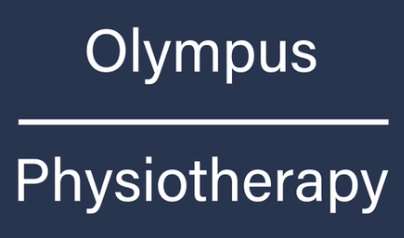Neck Pain
What is Neck Pain?
Neck pain is a common complaint affecting the cervical spine - the seven vertebrae that make up your neck. This pain can range from a mild ache to severe, debilitating discomfort that restricts movement and affects daily activities. Neck pain can be acute (lasting less than 6 weeks), subacute (6-12 weeks), or chronic (persisting beyond 12 weeks).
The neck is a complex structure involving vertebrae, discs, muscles, ligaments, and nerves that work together to support your head and allow for movement. Pain can arise from any of these structures and may be accompanied by stiffness, headaches, or radiating symptoms into the shoulders and arms.
What Causes Neck Pain?
Neck pain can develop from various factors, often involving multiple contributing elements:
Mechanical causes:
Postural stress from prolonged computer work or desk jobs
Sleeping in awkward positions or with poor pillow support
Sudden movements or whiplash from accidents
Muscle strains from overuse or sudden exertion
Joint dysfunction or stiffness in the cervical spine
Disc problems including herniation or degeneration
Lifestyle factors:
Forward head posture from excessive screen time
Weak deep neck flexor muscles
Tight upper trapezius and levator scapulae muscles
Poor ergonomic setup at work or home
Stress and tension contributing to muscle tightness
Lack of regular movement and exercise
Work-related factors:
Prolonged computer work with poor monitor positioning
Jobs requiring repetitive neck movements
Carrying heavy bags on one shoulder
Poor workstation ergonomics
Extended periods looking down at mobile devices ("text neck")
Risk factors:
Previous neck injuries or whiplash
Age-related changes in cervical spine structure
Poor sleep quality and inadequate pillow support
High stress levels and anxiety
Participation in contact sports
What Are the Symptoms?
Neck pain presents with varying symptoms depending on the underlying cause:
Primary symptoms:
Aching or stiffness in the neck and upper shoulders
Sharp, localised pain that may worsen with movement
Muscle spasms that can be severely painful
Reduced range of motion in the neck
Activity-related symptoms:
Pain when turning your head or looking up and down
Discomfort when sitting at a computer for extended periods
Morning stiffness that may improve throughout the day
Pain that worsens with stress or tension
Difficulty finding comfortable sleeping positions
Associated symptoms:
Headaches, particularly at the base of the skull
Pain radiating into the shoulders, arms, or upper back
Numbness or tingling in the arms or hands
Muscle weakness in the arms (may indicate nerve involvement)
Dizziness or balance problems in some cases
Functional limitations:
Difficulty with driving, particularly checking blind spots
Reduced ability to perform work tasks requiring neck movement
Sleep disturbance due to pain and discomfort
Compensatory movement patterns affecting shoulders and upper back
Reduced confidence in physical activities
Warning signs requiring immediate attention:
Severe headache with neck stiffness and fever
Numbness or weakness in both arms
Loss of coordination or balance
Neck pain following a significant injury or accident
Struggling with persistent neck pain? Our specialist team has extensive experience treating neck pain across all populations, from office workers to professional athletes. We provide comprehensive assessment, targeted manual therapy techniques including spinal manipulation and joint mobilisation, and bespoke rehabilitation programmes to address both symptoms and underlying causes.
